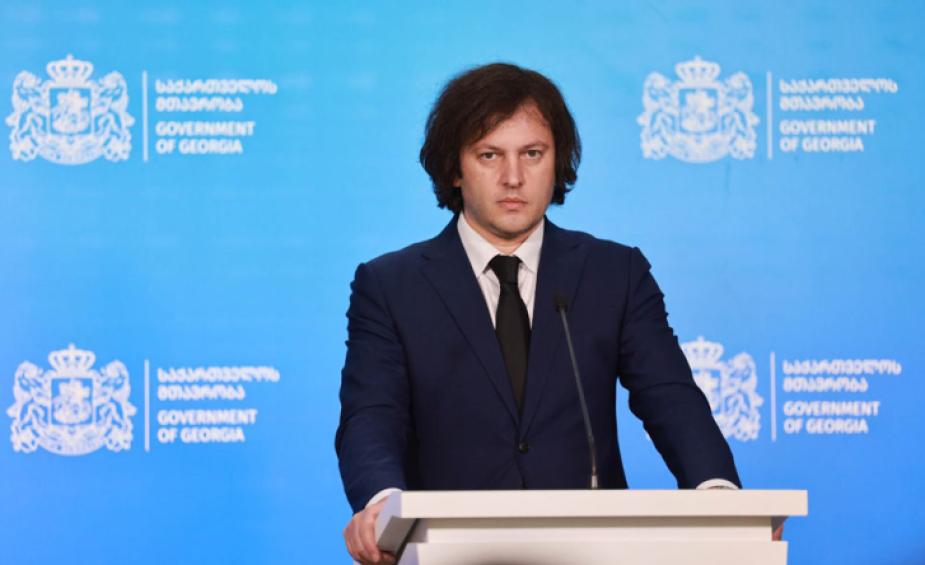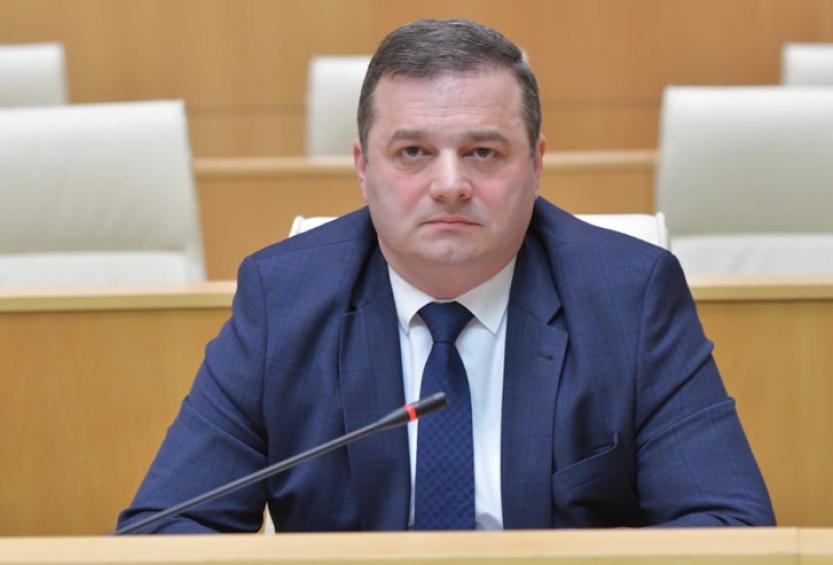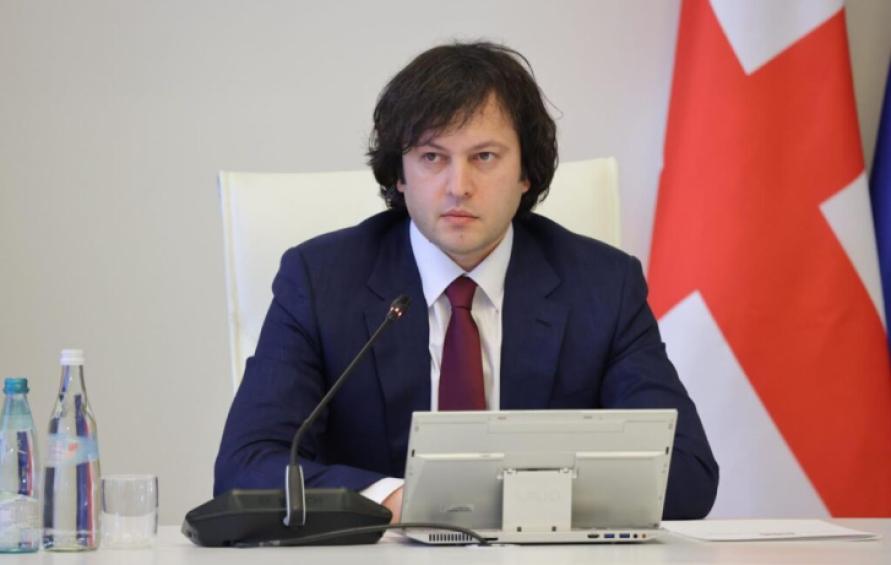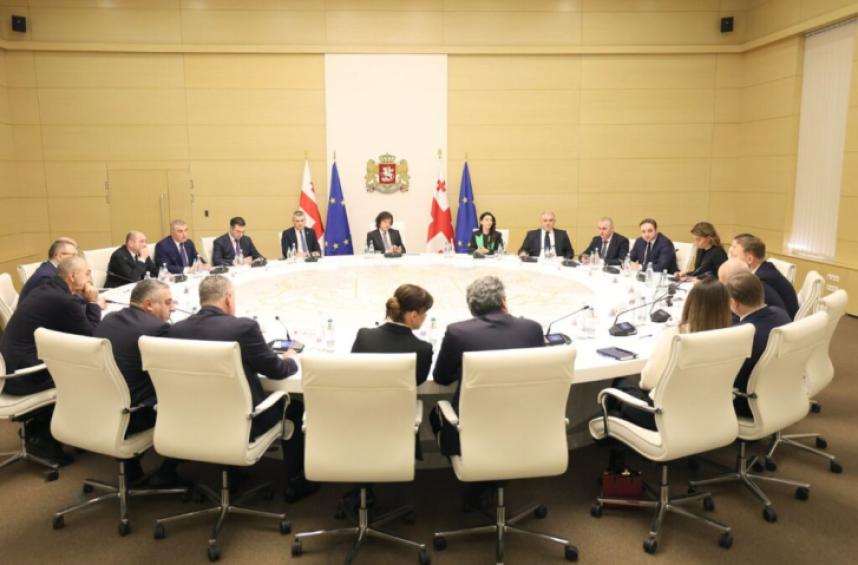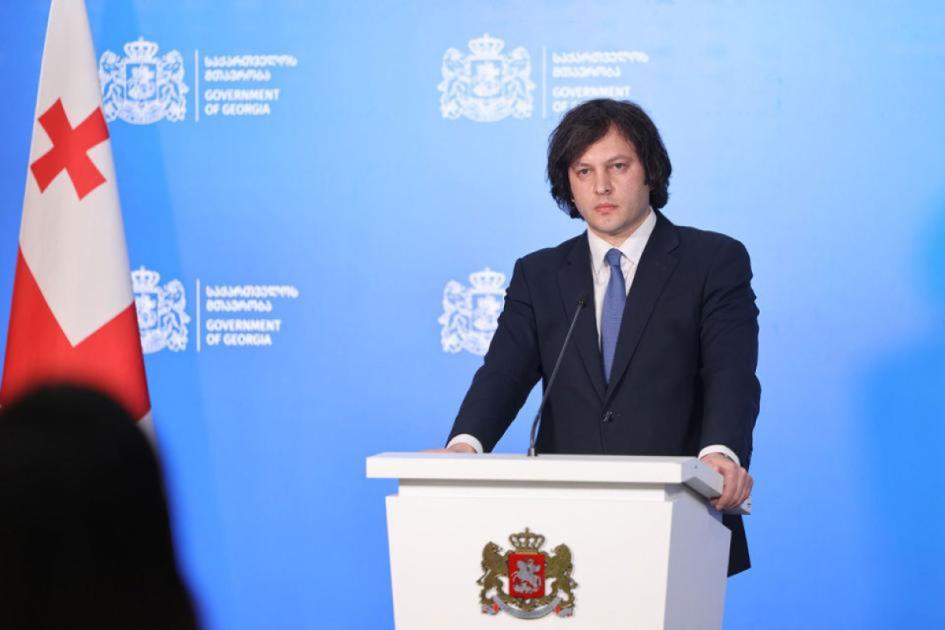
Georgian Prime Minister Irakli Kobakhidze made sweeping statements during a televised interview on Rustavi 2, alleging that European bureaucrats are involved in anti-state activities and claiming that U.S. criticism of Georgia has ceased thanks to the Trump administration.
“There are no longer any attacks from the United States against Georgia, for which we owe thanks to the Trump administration,” Kobakhidze stated. “The key point is that the ongoing struggle between the Trump administration and the so-called Deep State will ultimately culminate in a victory for Trump’s team.”
Kobakhidze claimed that while European bureaucrats are now playing a leading role in actions that undermine Georgia’s national interests, American bureaucracy had previously been engaged in similar conduct. He asserted that these attacks stopped due to a shift in U.S. policy under Trump-aligned leadership.
The Prime Minister leveled serious accusations at the European Union, stating:
“European bureaucrats are actively fighting against the genuine interests of the European Union and its people, driven by the influence of the Deep State.”
He pointed to the EU’s declining share of the global economy—from 30% in 2008 to 17.5% today—as evidence of internal mismanagement and alleged infiltration by what he described as “foreign agents embedded within EU institutions.”
Kobakhidze also criticized the EU’s social and cultural direction, claiming that most member states are losing their national identities. He praised Hungary as one of the few European nations that have managed to preserve their national and religious character.
Further, he accused EU Ambassador Paweł Herczyński of “blatant interference” in Georgia’s democratic process by allegedly encouraging voters to support opposition parties during the previous parliamentary elections.
The Prime Minister’s comments reflect an intensifying rift between the Georgian government and its Western partners, amid ongoing criticism from the EU and U.S. over democratic backsliding, media restrictions, and political repression. His invocation of the "Deep State" narrative—typically associated with far-right populist rhetoric—marks a notable shift in tone and alignment in Georgia’s political discourse.
0
0




